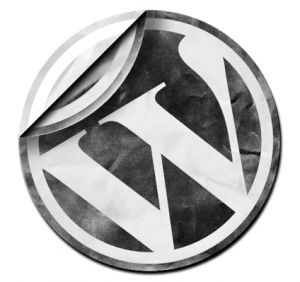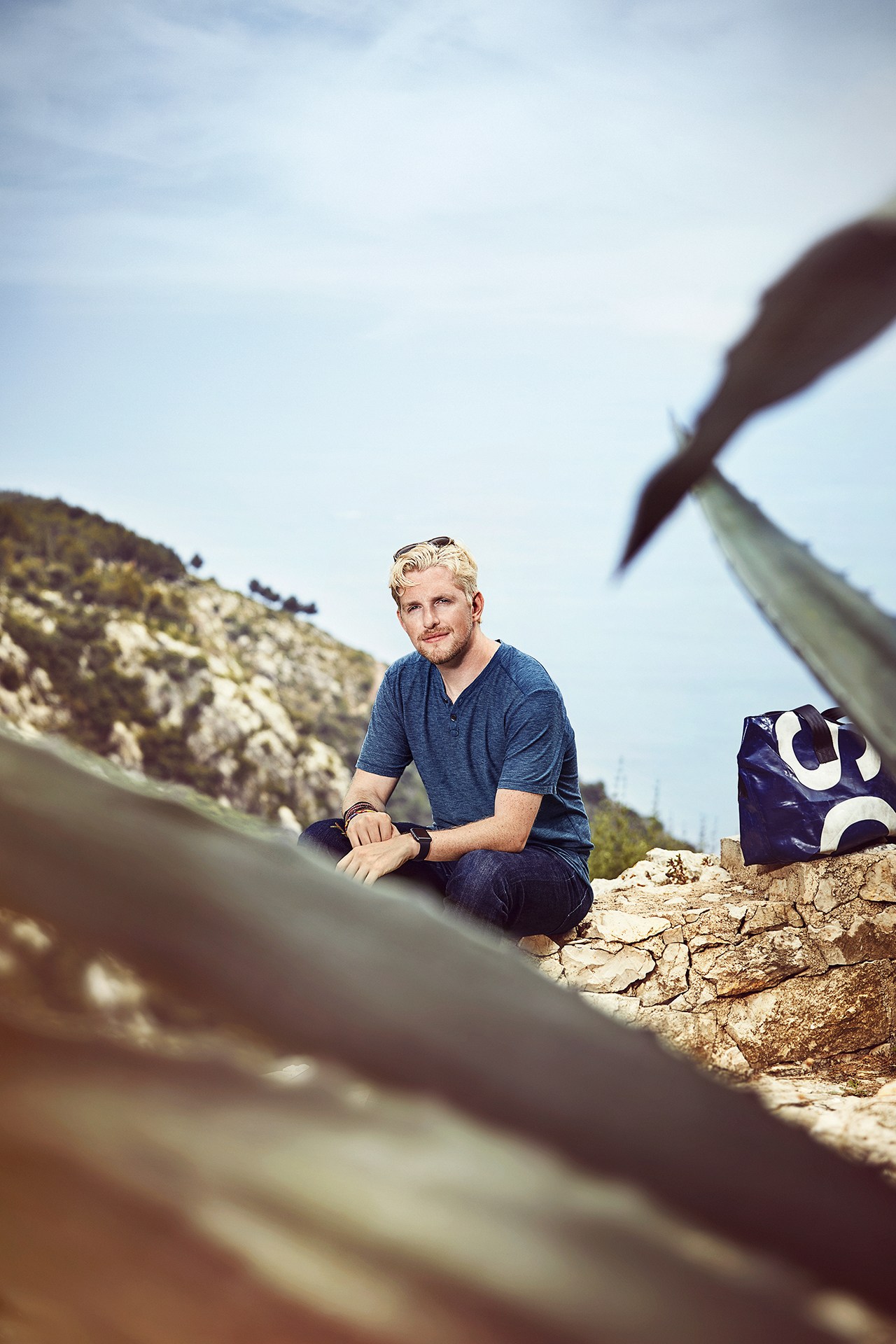When we stated the WebDog newsletter and blog the brief was simple. To give you the RIGHT information!
Having run and built many online business we believe we are in a better position than most developers to advise you on what is working. All gauk Media sites are now published through WordPress and it’s the system of choice when building a site for clients.
This week we’re completing sites for:
BMTT
The Nelson Motorcycle Museum
Perry’s Auto Services
OnYaBike
gaukMotors
When considering a new or upgraded site for your business it pays to have the right information to hand. WebDog websites are built on WordPress software.
This article was first published in the September 2015 issue of WIRED magazine.
 This man is behind 24 per cent of all the websites on the internet — from Google Ventures to The New York Times and eBay. Matt Mullenweg built WordPress: the open-source publishing platform which turned ten in June. With 328 employees working across 36 countries, it operates as a distributed company (Mullenweg, 31, tends to work from home in San Francisco himself), which has a freemium business model — the software is free, but 80 per cent of the company’s revenue comes from users who pay a subscription for extra features or a domain name. took on the reins of CEO at Automattic, the company behind WordPress, in January 2014 after working purely in product development. Here he talks to WIRED about the company’s move into the world of e-commerce with its acquisition of plugin WooCommerce, his investment strategy and plans for the future.
This man is behind 24 per cent of all the websites on the internet — from Google Ventures to The New York Times and eBay. Matt Mullenweg built WordPress: the open-source publishing platform which turned ten in June. With 328 employees working across 36 countries, it operates as a distributed company (Mullenweg, 31, tends to work from home in San Francisco himself), which has a freemium business model — the software is free, but 80 per cent of the company’s revenue comes from users who pay a subscription for extra features or a domain name. took on the reins of CEO at Automattic, the company behind WordPress, in January 2014 after working purely in product development. Here he talks to WIRED about the company’s move into the world of e-commerce with its acquisition of plugin WooCommerce, his investment strategy and plans for the future.
WIRED: WordPress has quietly grown into a giant. What have you learned in building this platform?
Matt Mullenweg: WordPress is about to cross 24 per cent market share — which means it powers 24 per cent of all websites on the internet. A lot of the learning came from when I was a teenager, when the internet first got going. The web was actually more open in some ways: it was the dawn of Web 2.0. The idea that the web can be open and interconnected and give people control over their own destiny — I found that very exciting and wanted to work only on software that supported that. What I’ve learned about growth is that it’s still largely word of mouth. All of our competitors like Wix and Squarespace have to spend $50 million to $60 million a year in advertising to get a much smaller numbers of users. With WordPress, if you look at the growth curve, it’s just happy people telling their friends about it. Now we sign up 60,000 sites a day, but these are people who heard or read about us, they didn’t see us in an ad in a magazine. That’s what is most valuable.
“At WordPress we try to give everyone access to the same web tools that WIRED and the New Yorker has”
Aside from Automattic, you’ve been an astute early-stage investor in startups such as Summly and SmartThings – both acquired by large companies. What’s your strategy?
A lot of times with an investment, I’m looking for something that if I wasn’t doing WordPress I would enjoy working on. It’s not necessarily for a monetary return because I’m not a professional investor. It’s things that really fascinate me, and I want to connect to the entrepreneurs. Open-source anything fascinates me, physical things fascinate me, be that home automation or 3D printing. I love when digital goes into the real world, like startups such as [food delivery service] Munchery. You can tell when the entrepreneur is obsessed with their area. That’s how I am with publishing and web stuff — I’m gonna do this for the rest of my life, whether anybody else cares or not.
You have done away with a lot of standard workplace rules like having an office, recruitment through interviews and so on. Which ones have worked and which ones didn’t?
We never get too attached to any way of working. For a while we tried to be totally flat — I had 45 to 50 people reporting to me. But that didn’t work. I couldn’t give everyone the time they needed. So we found something in the middle. We have 48 autonomous teams, some as small as three people and some as large as 15, each like a little universe. It’s better than one person alone, but few enough that you can cover for each other and make each other better. There has to be a plan, but at the same time there must be flexibility so the teams can experiment with products.
“The plan is to power 75 percent of the internet. If it’s on the web and it could be better, that’s an area we are looking at”
What do you think needs to be fixed in the online world?
E-commerce is one area. We are moving into that in a pretty public way. It’s way too hard to have an independent store online, even to do basic things. If you want to sell home-made bracelets, it involves getting a merchant account, setting up with a bank and so on. WooCommerce, the company we just acquired, does make it easier, but they could be even better. The other thing that’s very important to me is net neutrality. With WordPress, we try to give everyone access to the same tools that the WIREDs and New Yorkers of the world have. We did the same with the access to internet, and we can’t have some sites be faster than others just because they pay more. In a world like that, WordPress could have never have existed.
Any regrets?
The thing I would do differently is pay attention to international growth earlier on. WordPress is available in so many languages and international communities are key to making the software better. Non-English downloads surpassed English last year.
You’ve reached your ten-year milestone. What’s next?
The plan is to power 75 per cent of the internet. In May, we launched e-commerce as our new business interest. We wanted to increase our breadth beyond publishing. If it’s on the web and it could be better and it frustrates people, that’s an area we are looking at. We want it to be an open-source software and want people to have control and power over their identity online. That’s the beauty of open-source – WordPress is basically billion-dollar software given away for free.
